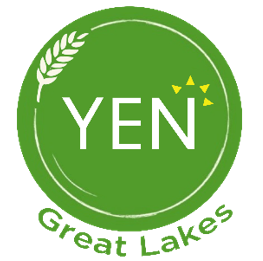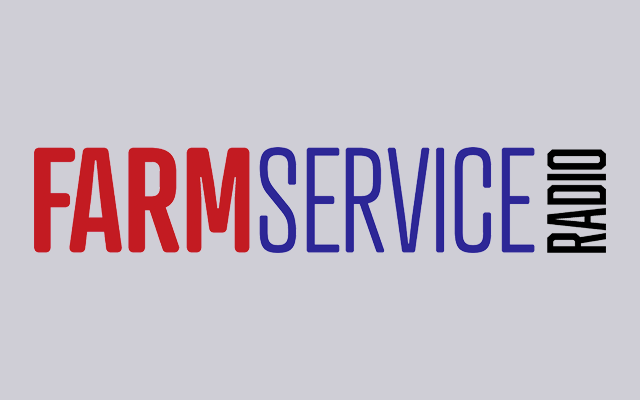Great Lakes Yield Enhancement Network registration is open — act now to be included in the 2024 program

Would you like to capture as much yield as possible on your wheat fields? Join us as we figure out how to make it happen!
Every farm involved in the Great Lakes YEN shares soil, tissue and whole plant analysis for comparison and benchmarking. Growers receive reports specific to their field at the end of the season, allowing the opportunity to learn more about how their wheat crop develops and produces yield, and how they compare to their peers.
Great Lakes YEN registration for 2024 closes Feb. 2, 2024. Growers must be registered and submit the $300 participation fee prior to program launch in late February 2024.
“We have a lot of work to get done to get growers their boxes with all the materials needed to take the samples including pre-addressed and stamped envelopes,” said Jody Pollok-Newsom, executive director of the Michigan Wheat Program, the check-off program collaborating to bring the Great Lakes YEN to wheat farmers. “We also need to get first-time participants set up with access to the database so they can enter their selected YEN field. We need everything ready to go before growers head out into the fields this spring – and it’s anyone’s guess when that will happen!”
All of the organization and work put into the program has been grower-driven since the beginning of YEN in 2012 in the United Kingdom.
“With three years under our belt, we have come a long way and have learned a lot about how wheat grows and produces yield,” said Dennis Pennington, YEN collaborator and Michigan State University Extension wheat specialist. “The data we collect and report back to participants is proving to provide valuable insights to their farm operation and identify management practices that would improve yields.”
“In 2023, much of the grain fill period was cut short due to below normal rainfall or even drought conditions across the YEN region. Despite that, we set a new record high yield in the YEN at 173 bushels per acre,” Pennington said.
As the fourth year of Great Lakes YEN gets underway, it’s already proving to be a program that encourages farmers to try new things and learn from wheat growers across the Great Lakes region. Every field is different and has different yield potential based on a multitude of factors, such as environment (rainfall, sunlight), soil (water holding capacity, nutrient level) and management (inputs used and timing). Growers are responsible to enter their data throughout the growing season.
Once harvest is complete, data is compiled and reported back to each participant via a field-specific written report as well as through regional events. Individual farm data will be specific to each grower and is safeguarded and not reported back to anyone except that grower.
The Great Lakes YEN is built off the strong history of the Yield Enhancement Network developed in the United Kingdom in 2012. Through the collaboration of agricultural stakeholders in the Great Lakes region in the United States and Ontario, the Great Lakes YEN connects farmers, agronomists, academics, extension specialists, agriculture organizations and more to analyze, measure and understand yield potential versus actual yield of a given field.
This data-heavy program is very expensive and sponsors are welcome to help offset some of the expenses. Companies interested in joining the Great Lakes YEN as sponsors can reach out to the Michigan Wheat Program (Jody Pollok-Newsom, [email protected]) or Grain Farmers of Ontario (Alexandra Dacey, [email protected]).

